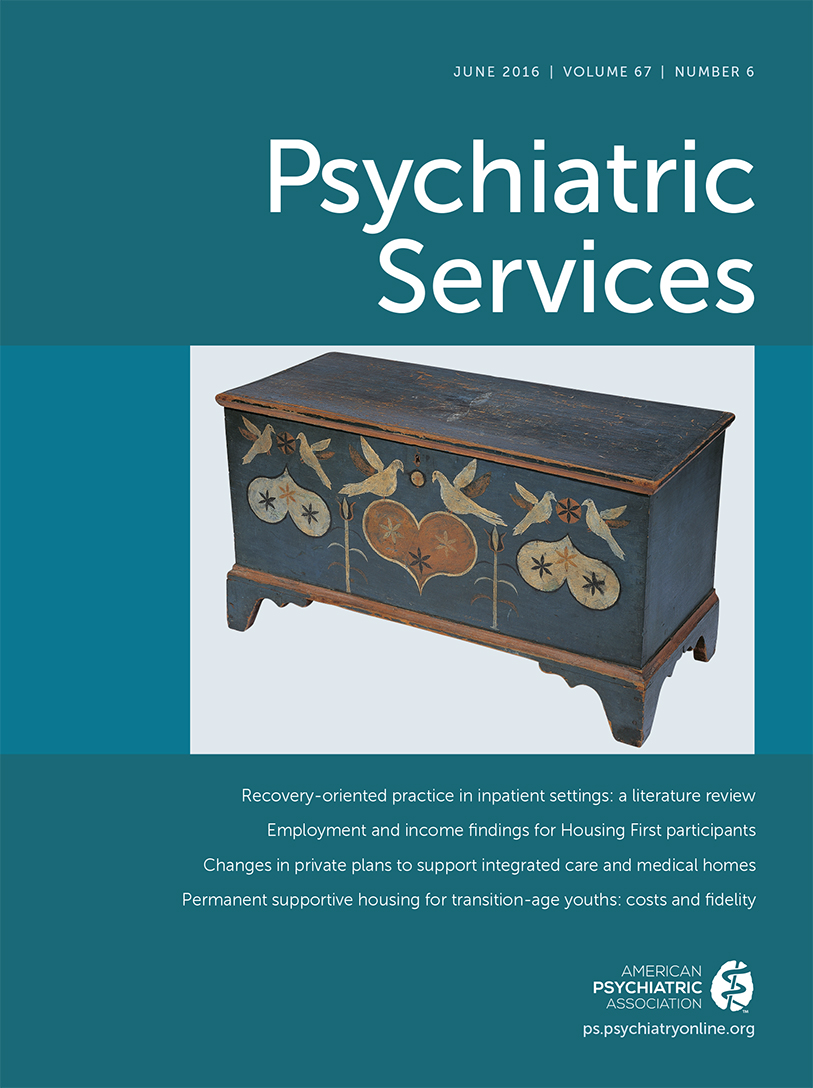Willingness of Housing First Participants to Consider Supported-Employment Services
Abstract
Objective:
People who had a recent history of homelessness and had mental illness were studied to determine how many wished to be employed and were willing to accept supported-employment services and the factors associated with a decision to decline services.
Methods:
People (N=194) with mental illness receiving Housing First were assessed at three-month intervals over 24 months. Analyses determined variables that were associated with accepting or declining randomization to supported-employment services. A regression model was used to determine the odds of obtaining employment.
Results:
Of the 133 (69%) participants who wanted work, 75 (56%) accepted and 58 (44%) declined randomization to services. Those who declined had lower odds of obtaining employment (OR=.42, p=.022), less education, and fewer arrests and had spent less time homeless.
Conclusions:
People with a recent history of homelessness who have a mental illness want work. People who declined randomization to supported-employment services had fewer barriers to employment but had reduced odds of obtaining employment.




